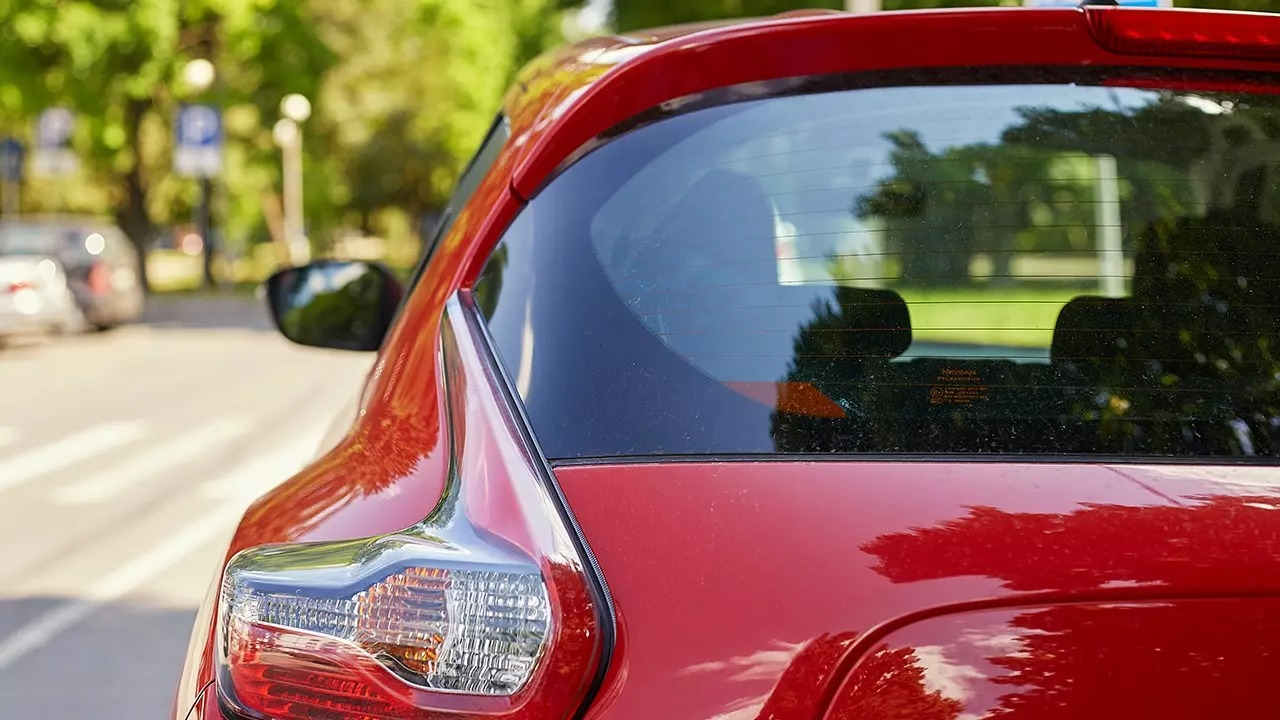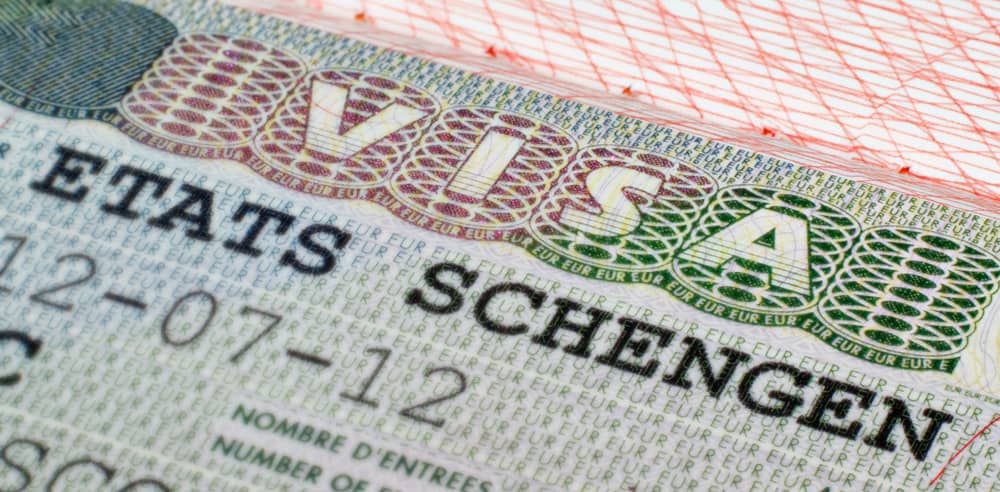
Are you a driver in the Garden State looking to navigate the complex world of auto insurance? You’re not alone! Whether you’re a seasoned driver or a new one, understanding your auto insurance options and the regulations in New Jersey is essential for protecting yourself and your vehicle on the road.
Exploring NJ Auto Insurance Options and Regulations
Types of Auto Insurance Coverage
When it comes to auto insurance in New Jersey, there are various types of coverage to consider. These include liability coverage, collision coverage, comprehensive coverage, personal injury protection (PIP), and uninsured/underinsured motorist coverage. Each type serves a specific purpose, from covering damages to your own vehicle to protecting you from financial liability in case of an accident.
Minimum Coverage Requirements in NJ
In New Jersey, drivers are required to carry a minimum amount of auto insurance coverage to legally operate a vehicle. This includes $15,000 for bodily injury liability per person, $30,000 for bodily injury liability per accident, and $5,000 for property damage liability. These minimums ensure that drivers have basic protection in place to cover potential damages and medical expenses resulting from an accident.
Additional Coverage Options
While meeting the minimum coverage requirements is necessary, many drivers opt for additional coverage to enhance their protection. These may include gap insurance, rental reimbursement coverage, towing and labor coverage, and full tort option, among others. Adding these options to your policy can provide peace of mind knowing that you’re fully covered in various scenarios.
Factors Affecting Auto Insurance Rates
Auto insurance rates can vary significantly based on several factors, including age, driving record, vehicle make and model, credit score, and location. Younger drivers and those with a history of accidents or traffic violations may face higher premiums, while older drivers with clean records may enjoy lower rates. Understanding these factors can help you better manage your insurance costs.
Understanding No-Fault Insurance
New Jersey operates under a no-fault insurance system, which means that your own insurance company will cover your medical expenses regardless of who is at fault in an accident. This system aims to expedite the claims process and ensure that accident victims receive prompt medical care, regardless of legal liability.
Comparative Negligence in NJ
In cases where fault is disputed or shared among multiple parties, New Jersey follows a comparative negligence system. This means that each party involved in an accident may be assigned a percentage of fault, and damages are distributed accordingly. Understanding how comparative negligence works can be crucial when filing insurance claims or seeking compensation after an accident.
Steps to Take After an Accident
Being involved in an auto accident can be stressful, but knowing what steps to take can help protect your interests. Immediately after an accident, make sure to check for injuries, call the police, exchange insurance information, and document the scene. Reporting the accident to your insurance company promptly can also streamline the claims process.
Penalties for Driving Without Insurance
Driving without proper auto insurance in New Jersey can result in severe penalties, including fines, license suspension, and vehicle impoundment. Additionally, uninsured drivers may be held personally liable for damages and medical expenses in the event of an accident. It’s essential to maintain adequate insurance coverage to avoid legal and financial consequences.
Shopping Tips for Affordable Insurance
With so many insurance options available, finding affordable coverage can seem daunting. However, there are several strategies you can employ to lower your premiums, such as bundling policies, maintaining a clean driving record, increasing deductibles, and shopping around for quotes. Comparing rates from multiple insurers can help you find the best coverage at the most competitive price.
FAQs on NJ Auto Insurance
1. Do I need uninsured/underinsured motorist coverage in New Jersey?
Yes, considering the number of uninsured drivers on the road, having uninsured/underinsured motorist coverage can provide crucial protection in case you’re involved in an accident with an uninsured or underinsured driver.
2. Can I purchase auto insurance online in New Jersey?
Yes, many insurance companies offer online quoting and purchasing options, making it convenient to shop for auto insurance from the comfort of your home.
3. Will my rates go up if I file a claim?
Filing a claim may result in increased premiums, especially if you’re deemed at fault for an accident. However, the extent of the increase will depend on various factors, including your driving history and the severity of the claim.
4. What is the average cost of auto insurance in New Jersey?
The cost of auto insurance in New Jersey varies depending on factors such as age, location, and driving record. On average, drivers in New Jersey can expect to pay higher premiums compared to the national average due to the state’s dense population and traffic congestion.
5. Can I customize my auto insurance policy to fit my specific needs?
Yes, many insurance companies offer customizable policies that allow you to tailor your coverage to suit your individual needs and budget. Whether you’re looking for basic coverage or comprehensive protection, there are options available to meet your requirements.
Conclusion
Navigating the world of auto insurance in New Jersey may seem overwhelming, but with the right knowledge and guidance, you can make informed decisions to protect yourself and your vehicle on the road. By understanding the various coverage options, minimum requirements, and regulations, you can ensure that you’re adequately covered in any driving scenario. Remember to shop around for quotes, compare coverage options, and ask questions to find the best policy for your needs. Stay safe and drive with confidence knowing that you have the protection you need.




